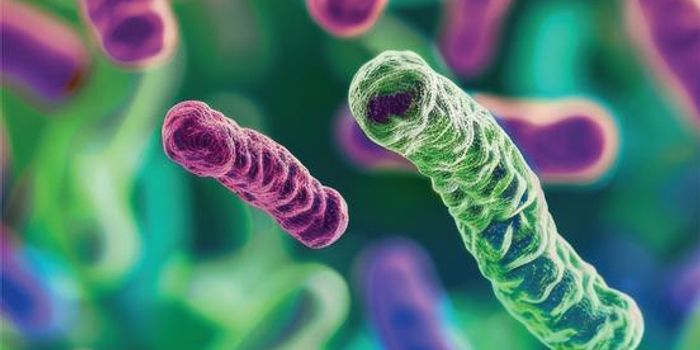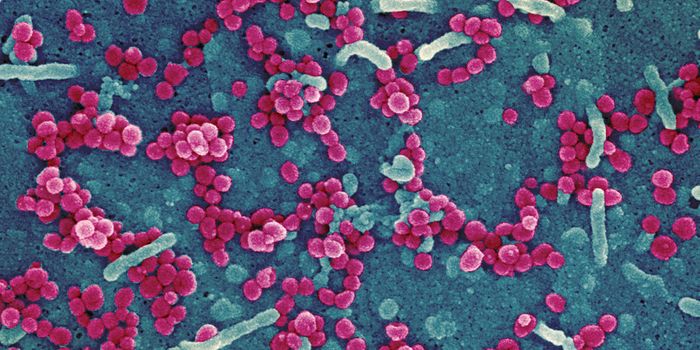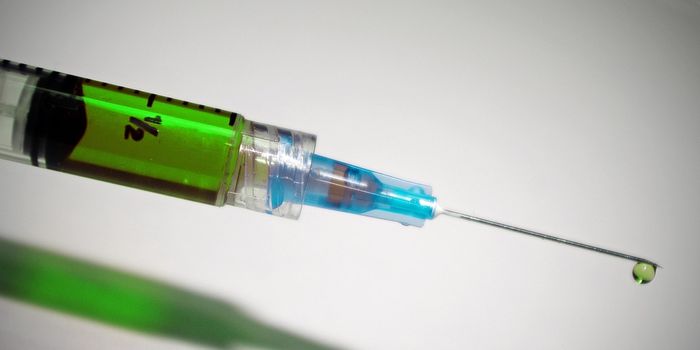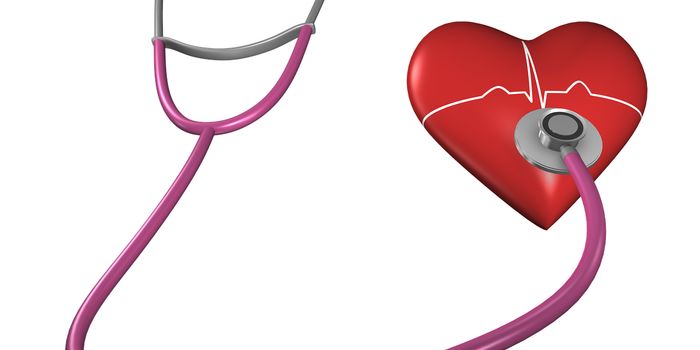Gearing up for Life: The First 7 Days of the Immune System
The mother’s placenta serves as a shield for the developing fetus inside the womb, protecting it from the constant barrage of environmental pathogens and foreign bodies. This immunological bubble bursts as soon as the baby is born, when they are thrust into a world teeming with potentially pathogenic bacteria, viruses, fungi, and parasites. How does the newborn’s immune system kick start its natural defense mechanisms so quickly in the first few days?
A team of researchers at Boston Children’s Hospital put these complex immune dynamics under the microscope, looking for key innate immunological events occurring in the first week of life. The scientists took advantage of a biobank of infant blood plasma from babies born in West Africa and Papua New Guinea. Samples included blood taken from the first, third, and seventh day after birth, allowing them to track physiological changes during this critical time period.
As soon as babies are born, there is a surge of immune markers in the blood consistent with an acute inflammatory response. The next wave of immune events are controlled by the complement cascade: a part of the immune system that orchestrates the clearance of microbes and damaged cells via antibodies and phagocytic cells. The research team also observed that maternal antibodies being transmitted to the baby steadily decline as the baby’s own complement pathway is activated.
This discovery is particularly significant given the prevalence of life-threatening infections early in life especially in developing countries where infections are responsible for 700,000 deaths a year in children under five.
"Having a better understanding of the immune system at the beginning of life will be pivotal for the development of precision vaccines for the newborns, which is one of the major goals of the Precision Vaccines Program at Boston Children's Hospital" said Dr. Hanno Steen, lead author of the study published in Frontiers in Immunology.
Sources: Frontiers in Immunology, Technology Networks.









